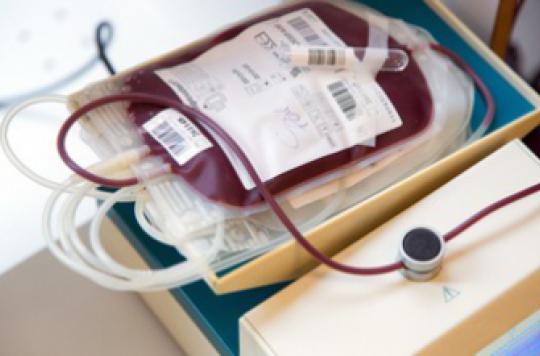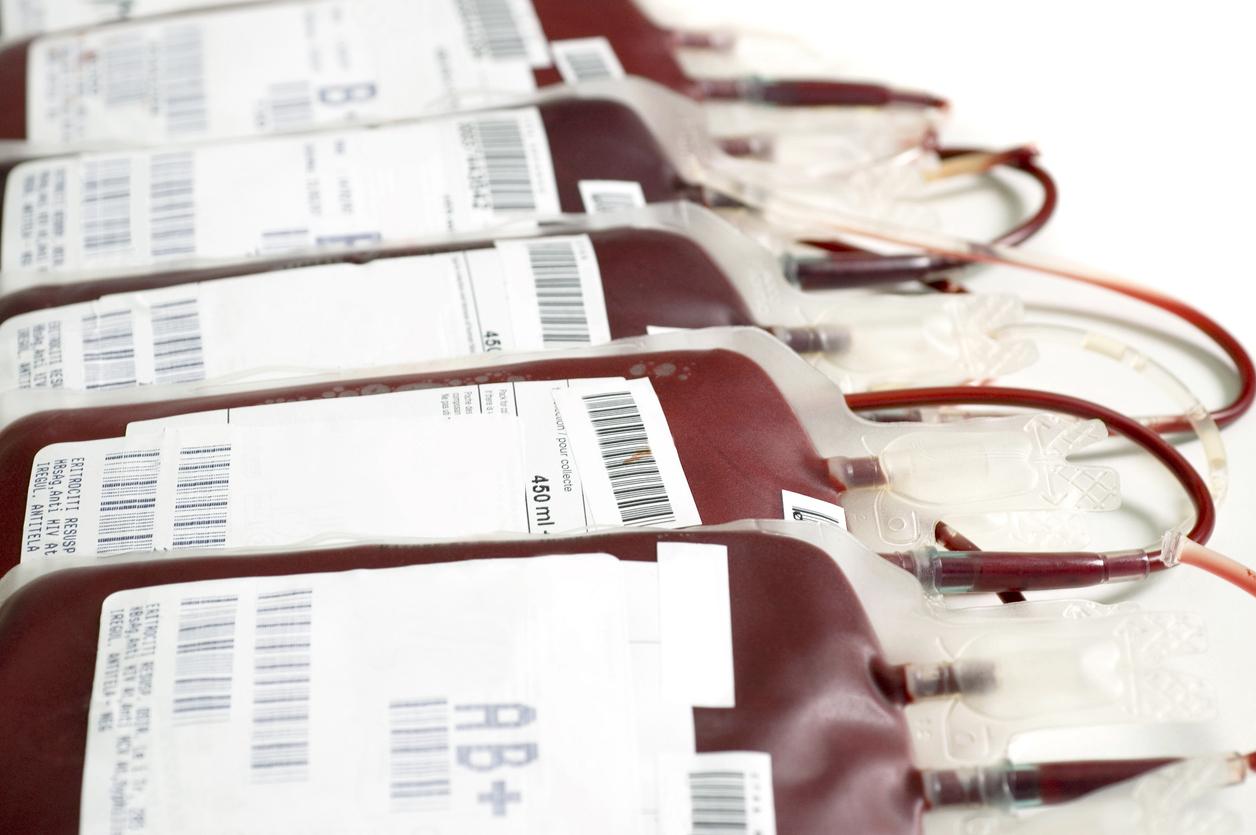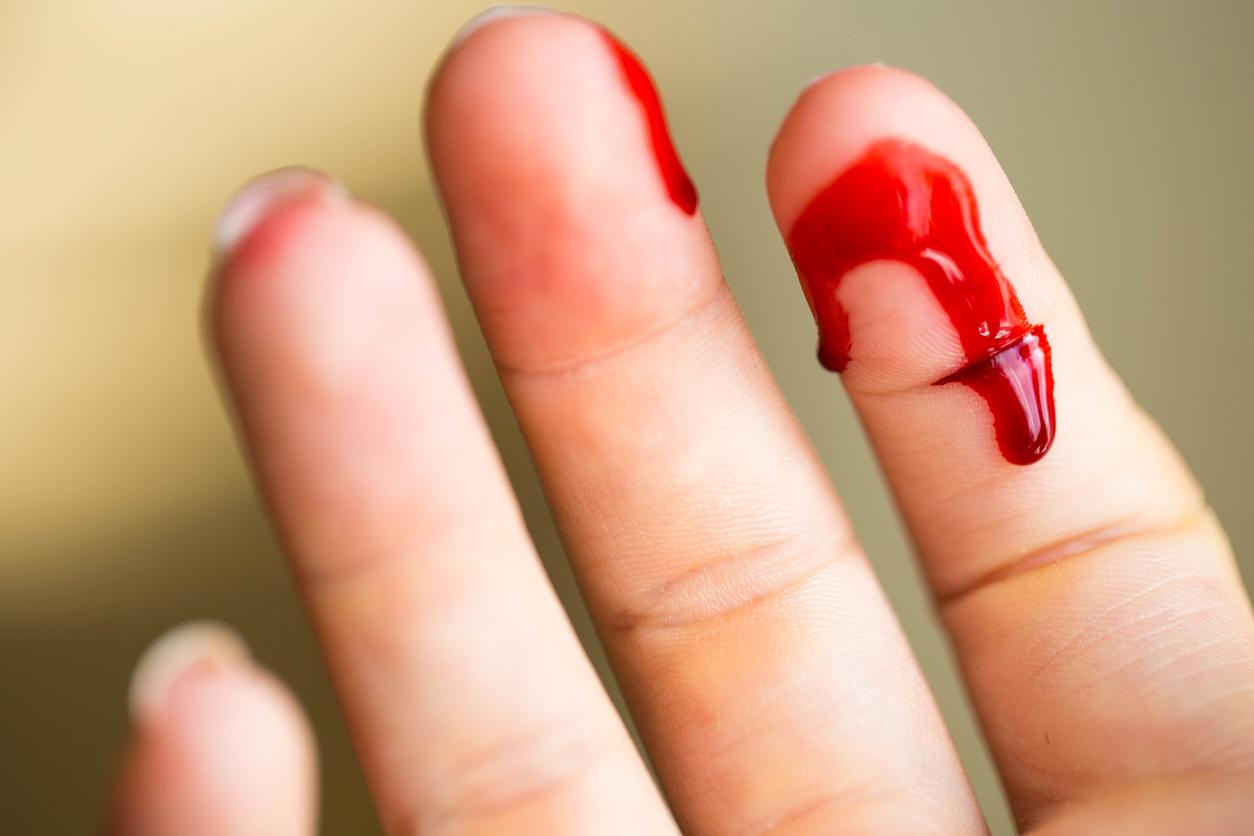In a blood transfusion, blood that is several weeks old is as effective as freshly drawn blood, contrary to popular belief.

Clearly, the expiration dates are questionable. The observation is valid for the yoghurt pots as well as for the packages of cakes and… the blood bags. After three weeks of storage, these would be just as effective as freshly drawn blood, contrary to popular belief.
Similar death rates
The New England Journal of Medicine is indeed echoing a large clinical trial, conducted in 64 Canadian and European centers, in which nearly 2,500 people participated. Important preliminary clarification: the researchers did not transfuse expired blood into patients for the purposes of science.
On the other hand, they used “old” blood, which had been stored for three weeks. The aim of the experiment was to verify the idea shared by many doctors that the quality of blood bags deteriorates over time.
1219 people therefore received “old blood” during the test. And the researchers are categorical: the rates of death or organ dysfunction are very similar to those observed during a transfusion with fresh blood. In detail, 398 people died within 90 days of old blood transfusion. In the other group, who received fresh blood, this figure rises to 423.
First come, first served
“According to previous studies, fresh blood is better due to the breakdown of red blood cells and the build-up of toxins during storage,” said one of the authors, Alan Tinmouth of the University of Ottawa. However, this clinical trial clearly shows that these changes do not affect the quality of the blood ”.
According to the standards currently in force, the blood remains stored up to 42 days in the refrigerator (5 days at room temperature for platelets). “For decades, many doctors have asked for fresh blood because they think it’s the right thing to do. But this complicates the situation because of limited stocks, and because the banks distribute blood on a ‘first come, first served’ basis ”. But now, no need to fight for good blood.
.














